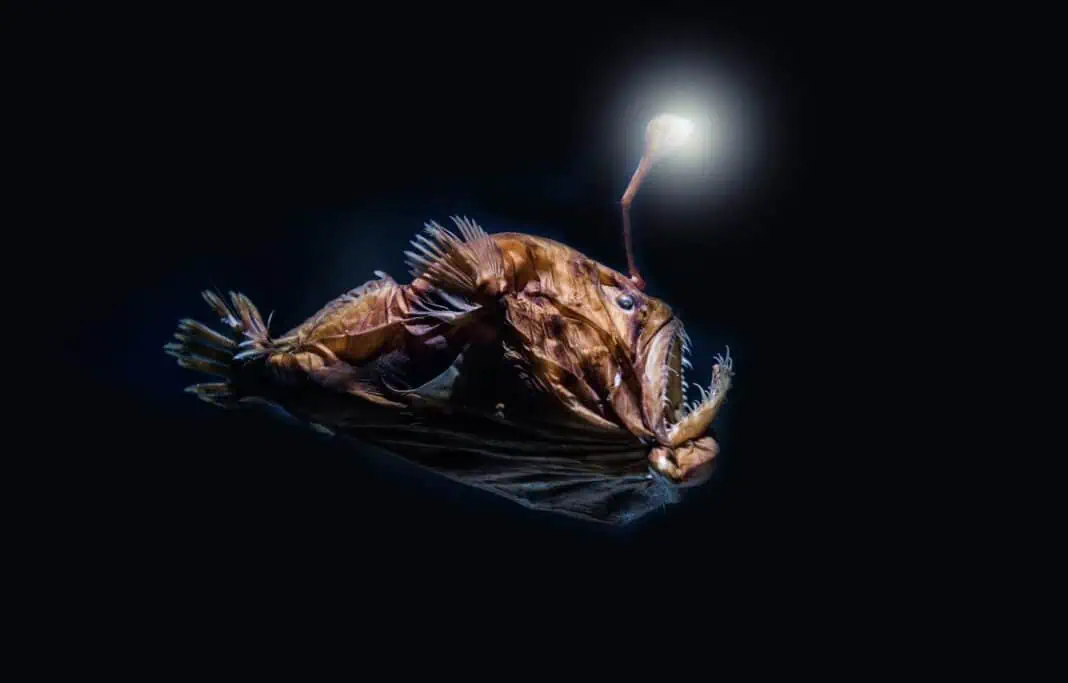Ocean advocacy groups are condemning the US government’s move to speed up deep-sea mining, calling it “dangerous” and “an environmental disaster in the making.”
The White House recently issued an executive order that would purportedly allow US-affiliated companies to mine the deep seabed in US and international waters. The order comes despite the United States not being a member of the International Seabed Authority, the global body overseeing deep-sea mining.
The order seeks to expedite permitting from US agencies to facilitate the commercial extraction of minerals like cobalt, nickel and manganese from deep-sea environments both within US waters and far beyond US national jurisdiction. It specifically directs the National Oceanic and Atmospheric Administration (NOAA) to allow permitting for deep-sea mining.
The order states:
“Our Nation must take immediate action to accelerate the responsible development of seabed mineral resources, quantify the Nation’s endowment of seabed minerals, reinvigorate American leadership in associated extraction and processing technologies, and ensure secure supply chains for our defense, infrastructure, and energy sectors.”
According to the Center for Biological Diversity, deep-sea mining could threaten many fragile, slow-growing species found nowhere else on Earth. Based on some known mining exploration zones, these might include cold-water corals, glass sponges and xenophyophores, which are single-celled creatures that build critical habitat for other species in these remote ecosystems.
Emily Jeffers, a senior attorney at the Center for Biological Diversity, said:
“Fast-tracking deep-sea mining is an environmental disaster in the making. Trump is trying to open one of Earth’s most fragile and least understood ecosystems to reckless industrial exploitation. The deep ocean belongs to everyone and protecting it is humanity’s global duty. The sea floor environment is not a platform for ‘America First’ extraction.”
The International Seabed Authority has been working for years to develop a “mining code” that would regulate mineral exploitation in international areas. The latest ISA negotiations highlighted deep divisions among member states but reaffirmed growing calls for a moratorium on commercial deep-sea mining until strong environmental safeguards and scientific understanding are in place.
More than 30 countries now support a pause on deep sea mining.
The US’s action bypasses the ISA’s multilateral process and directly contradicts efforts by the global community to adopt binding regulations that prioritize environmental protection, the Center said.
Jeff Watters, the Ocean Conservancy’s vice president for external affairs, said:
“This executive order flies in the face of NOAA’s mission. NOAA is charged with protecting, not imperiling, the ocean and its economic benefits, including fishing and tourism; and scientists agree that deep-sea mining is a deeply dangerous endeavor for our ocean and all of us who depend on it.
“Areas of the US seafloor where test mining took place over 50 years ago still haven’t fully recovered. The harm caused by deep-sea mining isn’t restricted to the ocean floor: it will impact the entire water column, top to bottom, and everyone and everything relying on it. Evidence tells us that areas targeted for deep-sea mining often overlap with important fisheries, raising serious concerns about the impacts on the country’s $321 billion fishing industry…
“It’s not just our country this executive order would harm: this action has far-reaching implications beyond the US. By unilaterally pursuing mining in international waters in defiance of the rest of the world, the Administration is opening a door for other countries to do the same — and all of us, and the ocean we all depend on, will be worse off for it.”

